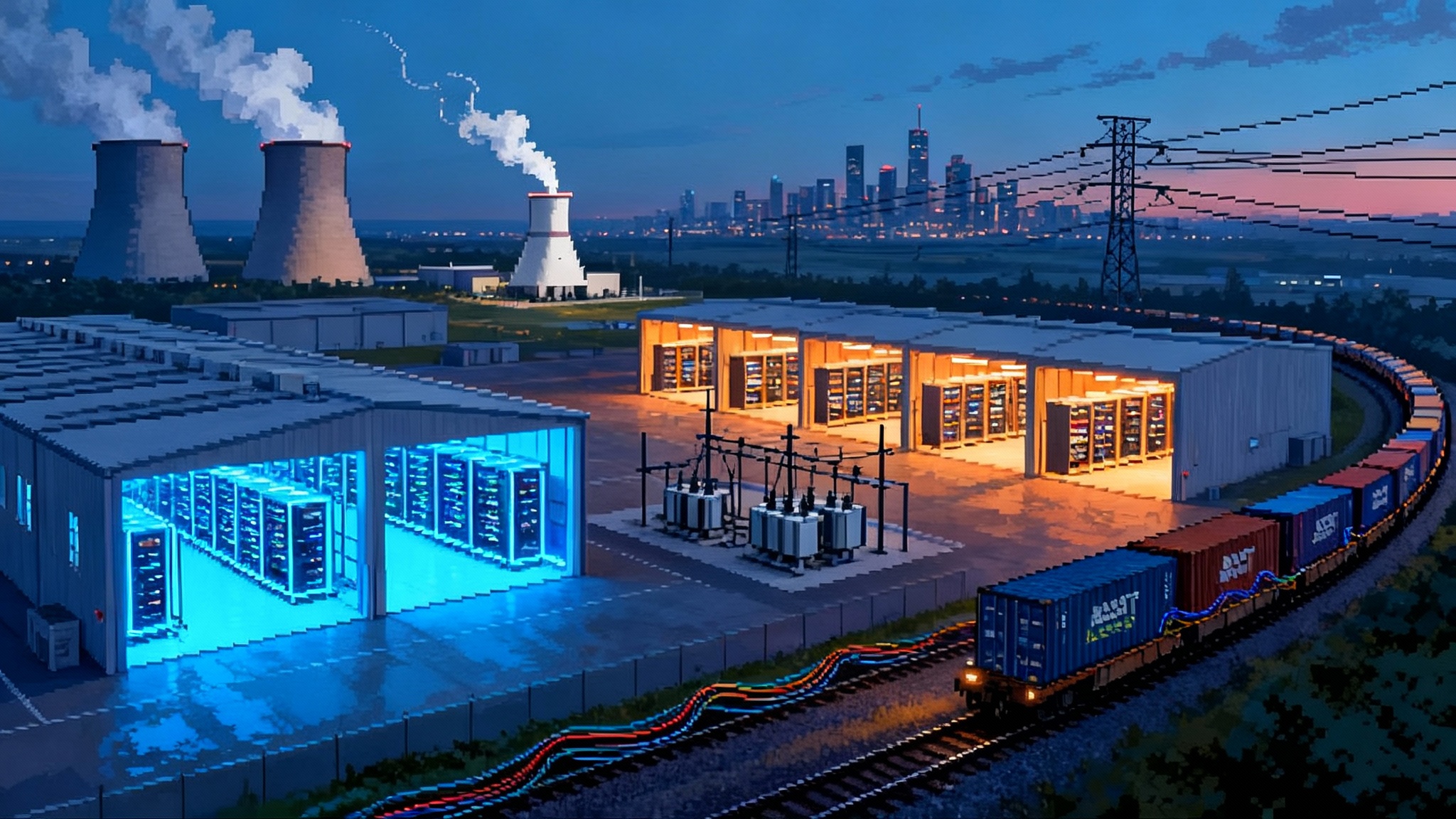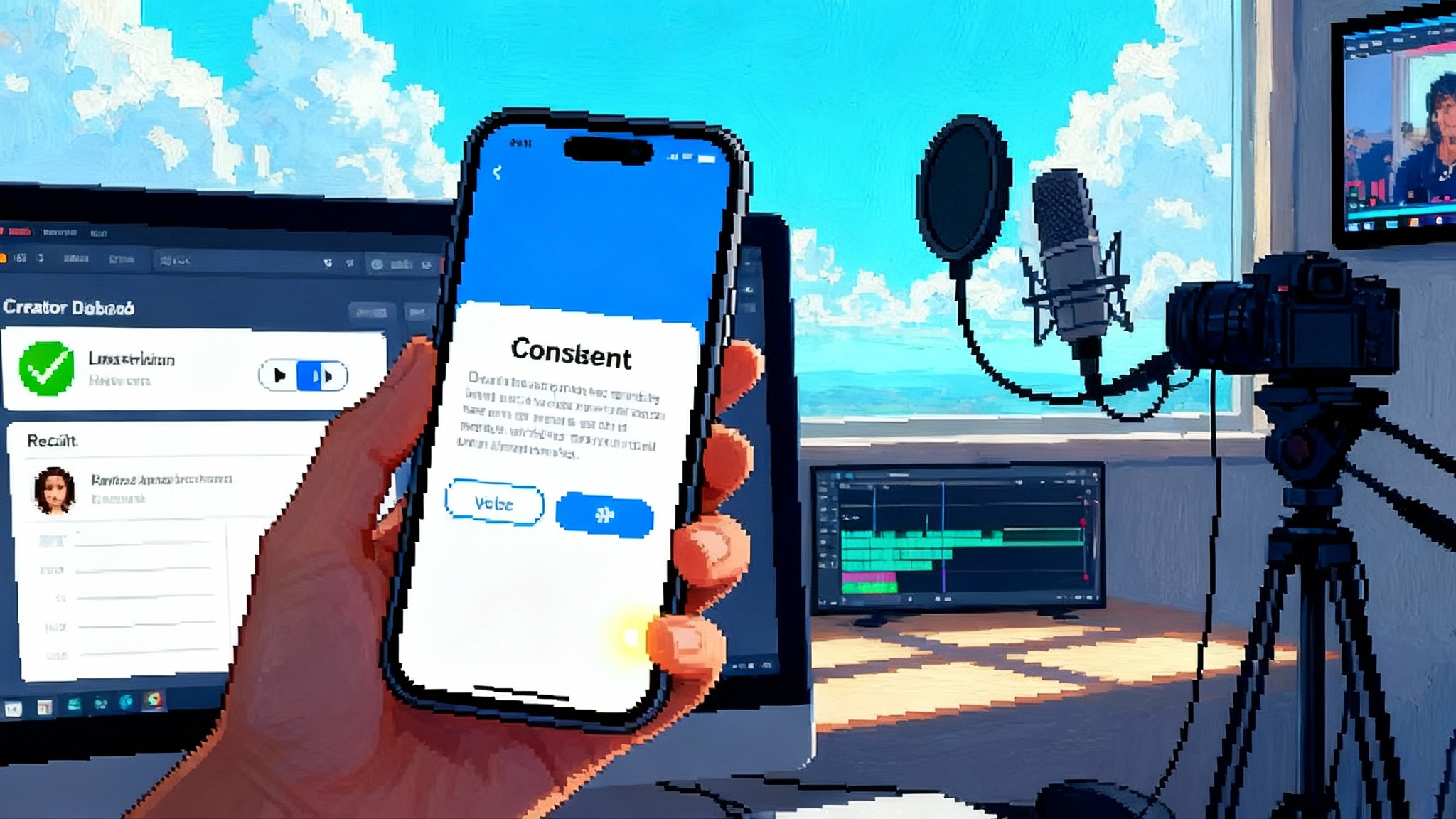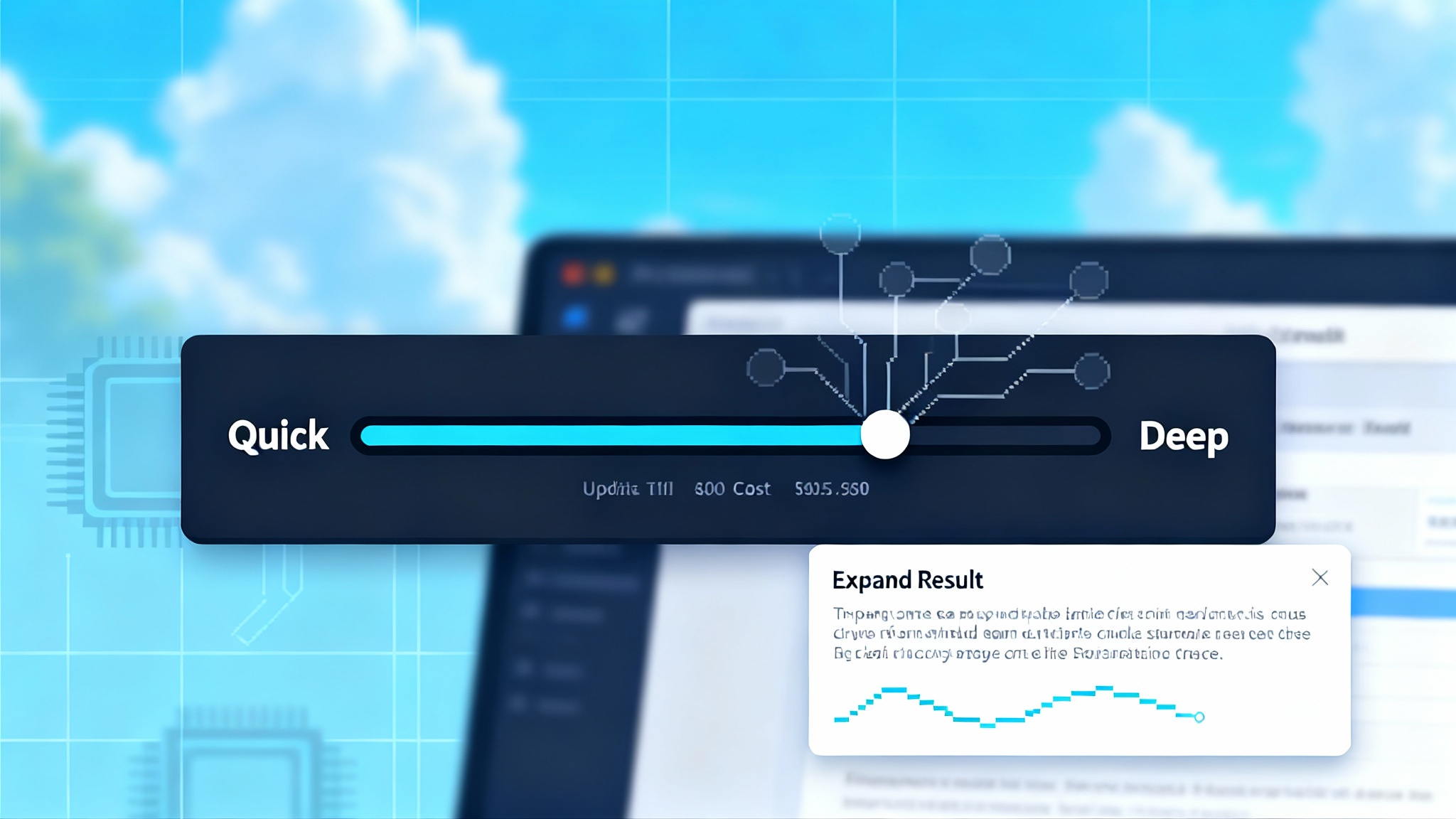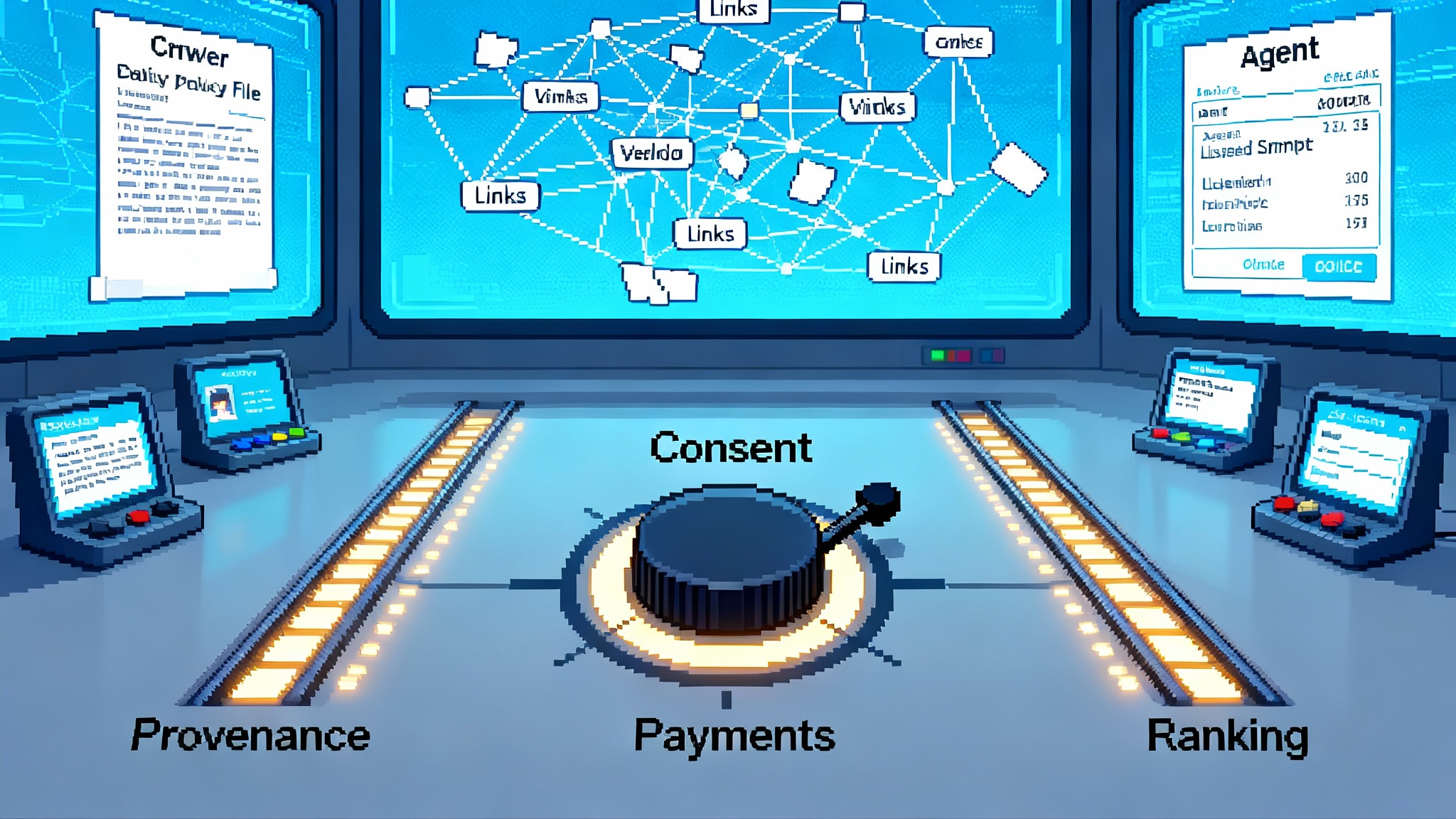Trends & Analysis
Articles under the Trends & Analysis category.
When AI Turns Compute Into the New Utility
A new AI era is emerging where the scarce input is not model weights but megawatts. From nuclear-backed data centers to long duration contracts, compute is crystallizing into a regulated utility and a strategic reserve.
Agentic Commerce Is Here: ChatGPT Checkout Meets Walmart
ChatGPT can now complete purchases inside the chat, and Walmart is stepping in. Here is how intent level shopping compresses the ad tax, rewires loyalty and payments, and pushes new policy standards.
The Incident Commons: AI Enters an Aviation-Style Safety Era
Europe is turning AI failures into shared infrastructure. Mandatory incident reporting and black box telemetry will create a common memory, shift vendor incentives, and let buyers compare real reliability at a glance.
The Roommate Test: When AI Moves In and Rules the House
October 2025 put AI inside the walls, from ambient assistants to household robots. Use the Roommate Test to set rules, caps, and guest modes, and turn your smart home into a safer, local-first system.
Co-Parenting With AI: The First Synthetic Mentors Arrive
California's October veto of a broad chatbot ban for minors signals a shift from shield-only rules to shared responsibility. This blueprint shows how to co-parent with AI using safeguards, audits, and school-safe defaults.
AI That Clicks and Types, and the New Software Social Contract
Google just put agents on the same screens people use. With Gemini Computer Use and Gemini Enterprise, automation shifts from hidden pipes to visible clicks and keystrokes, creating a safer, auditable path to speed.
The Opt-In Memory Divide: Why Assistants Learn to Forget
AI assistants are shifting to consent-first memory and longer continuity. The next moat is selective recall, revocation that works, and portable profiles. This playbook shows how to earn trust and win users.
After Watermarks: Likeness Rights and Active Provenance
Watermarks and disclosure labels are blinking. California set new chatbot rules, YouTube is adding likeness detection, and research shows robust watermarks can be erased. Here is a person centric plan for real trust online.
Mind Meets Matter: How Custom AI Chips Rewrite Cognition
OpenAI and Broadcom are co-designing custom AI chips, a shift that binds reasoning patterns to interconnects, memory, and packaging. As models learn the dialect of silicon, the frontier moves from raw scale to smarter choreography.
Apps Become Verbs: The Agent App Store Moment Arrives
In early October 2025, OpenAI and Google unveiled tools that move software from icons to intent. Agents can now plan, act, and prove results, shifting distribution, pricing, and trust from app stores to intent brokers.
From Prompts to Permissions: The Constitution of Agentic AI
Agents are moving from chat to action. The next platform layer is the permission fabric around them. Scopes, time-boxed rights, receipts, and revocation will build trust as AI acts on your behalf.
AI’s New Bottleneck: Power, Land, and Local Consent
The cloud now has neighbors. Data centers face hard limits from interconnection queues, water, and community consent. Winners will master electrons, permits, and civic compacts that stand up to audits.
Dialing Up Thinking Time: The New AI Pricing Frontier
In 2025, intelligence became a slider. Users will soon choose how long models think before they respond, reshaping product design, pricing, safety, and governance. Here is how to ship a visible reasoning meter people trust.
The Causality Ledger: Post-Incident Logs Teach AI Why
Europe's draft incident guidance and October threat reports are turning AI safety into an operational discipline. See how a causality ledger of logs, traces, and counterfactual replays turns compliance into speed.
Border Protocols for AI: Labs Turn Into Micro Sovereigns
In the week of October 6 to 7, 2025, OpenAI paired a new AgentKit with a public threat report, signaling a shift from research alignment to operational governance with real borders, rules, and auditable controls.
After SMS, AI Search Flips From Scrape to Consent Economy
The UK’s decision to grant Google Search strategic market status resets the incentives of AI search. Expect provenance rails, compensation markets, and agent ranking protocols that reward trusted, licensed knowledge.
When Language Grew Hands: After Figure 03, Homes Compile
Humanoid robots just crossed from chat to chores. Figure 03 and vision language action models turn rooms into programmable runtimes. Learn how homes compile routines and why teleop data and safety will decide the winners.
The Time Constant of AI: Why Long-Horizon Agents Win
In late September 2025 Anthropic shipped Claude Sonnet 4.5, and days later enterprises unveiled agent SDKs and IDE integrations. The real race is not tokens or context but how long an agent stays smart across time.

















